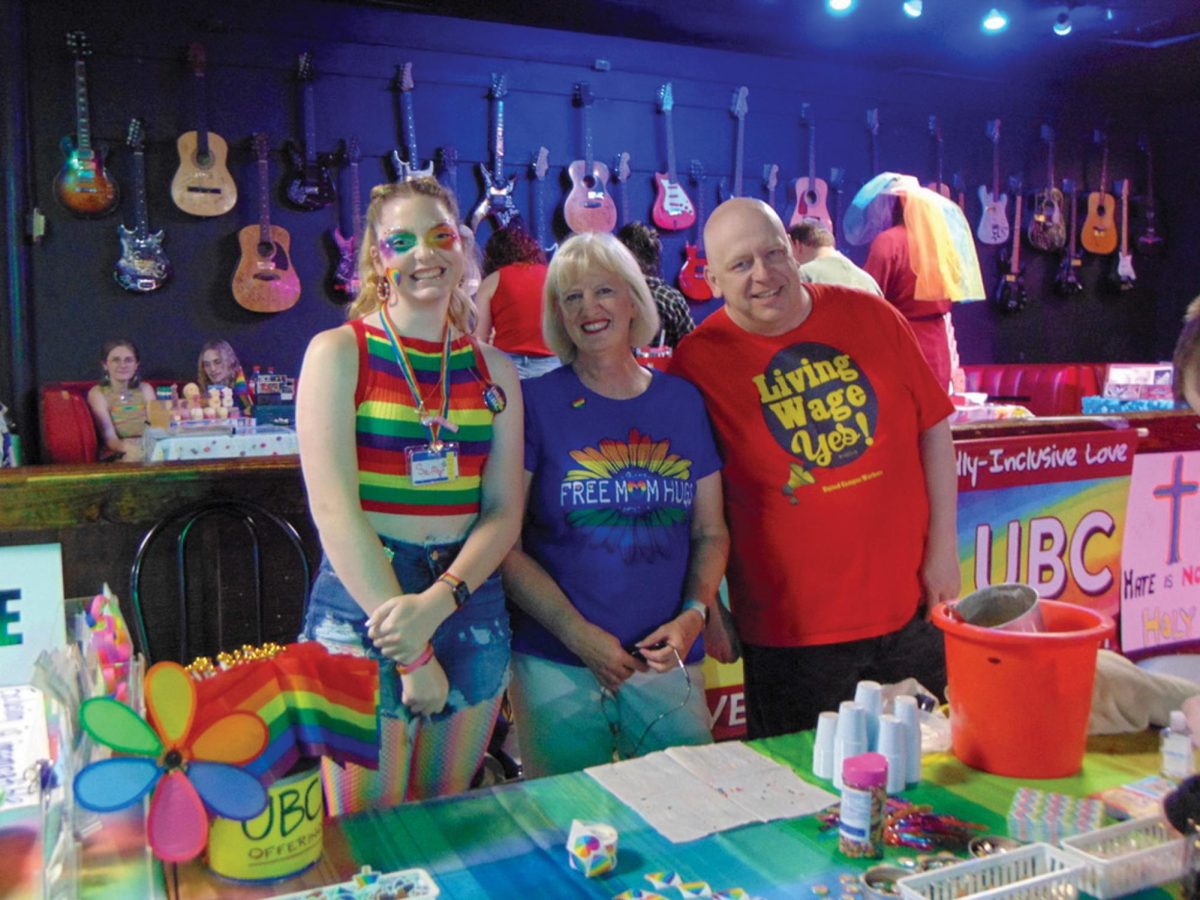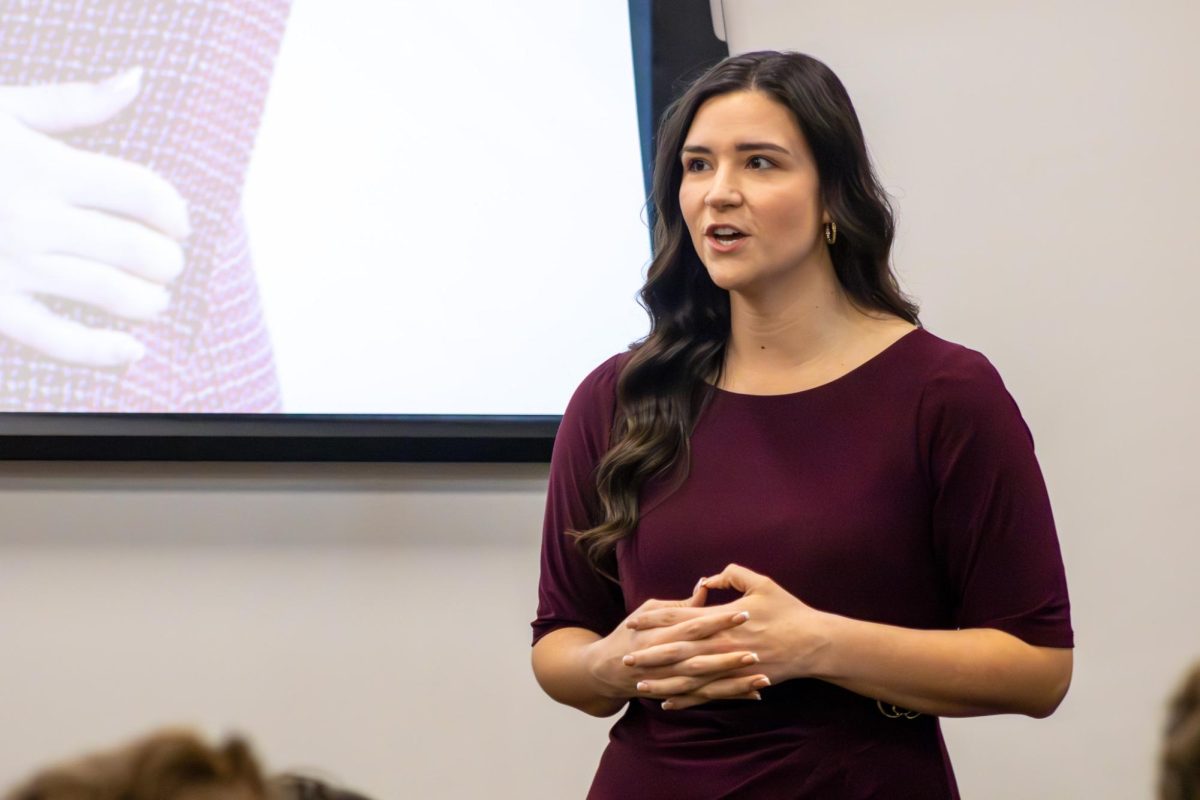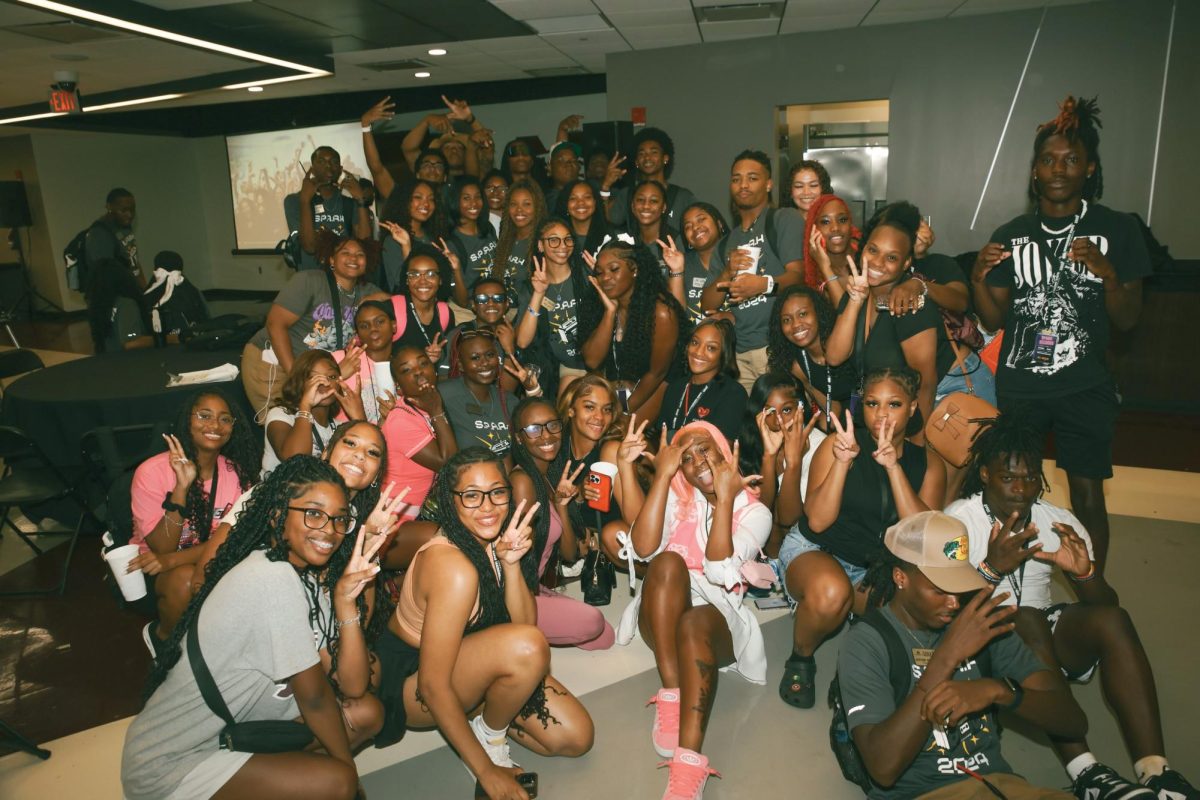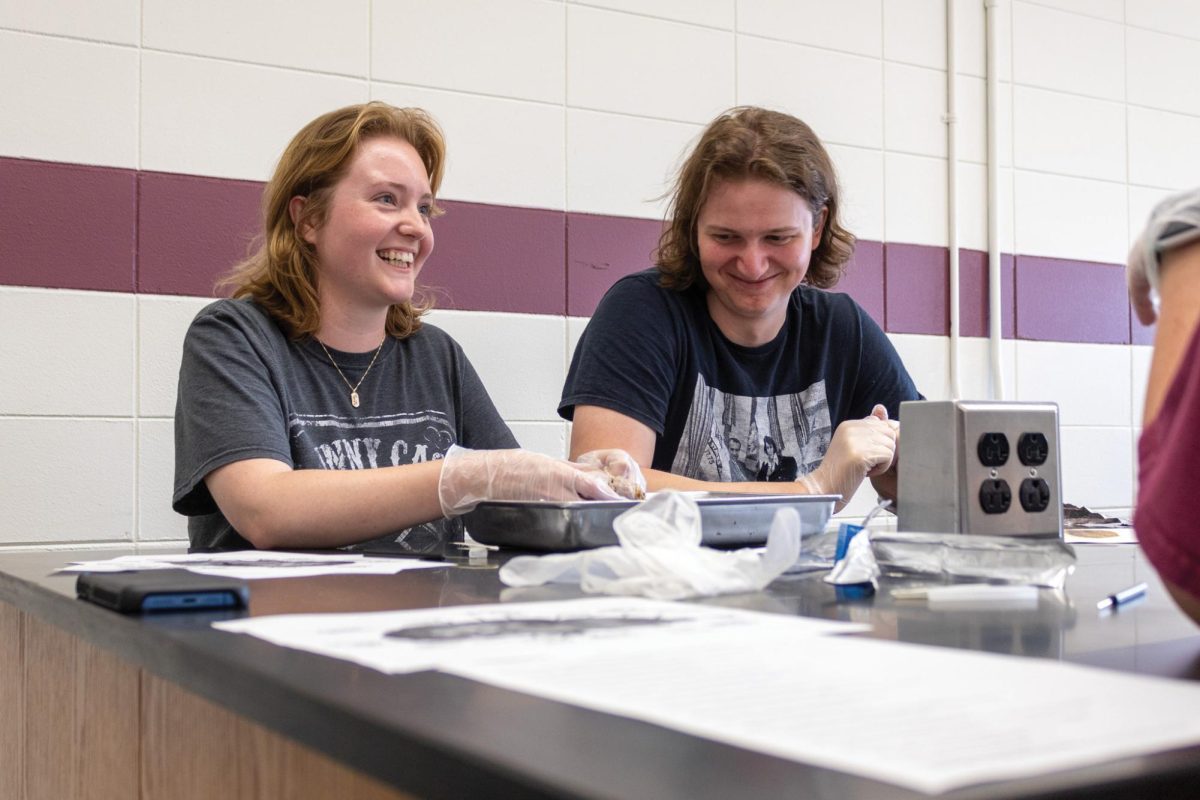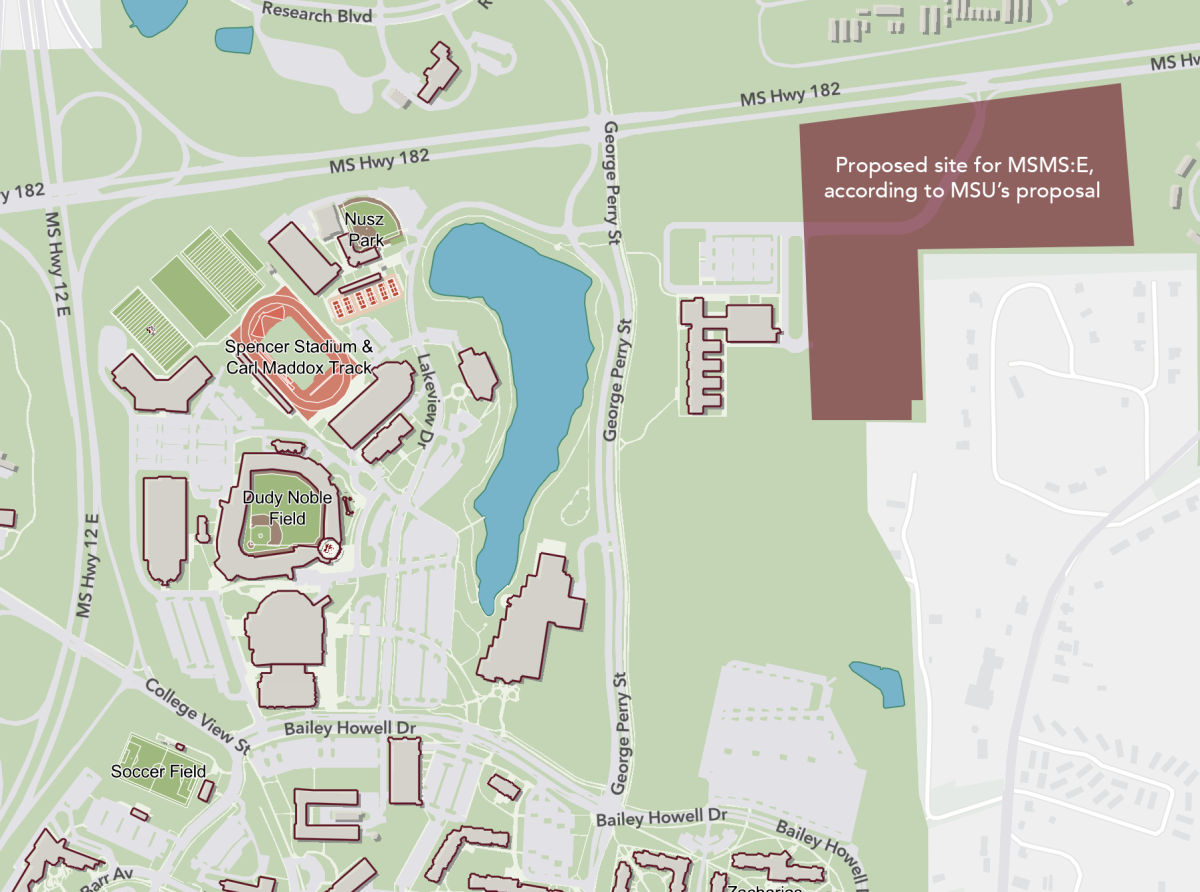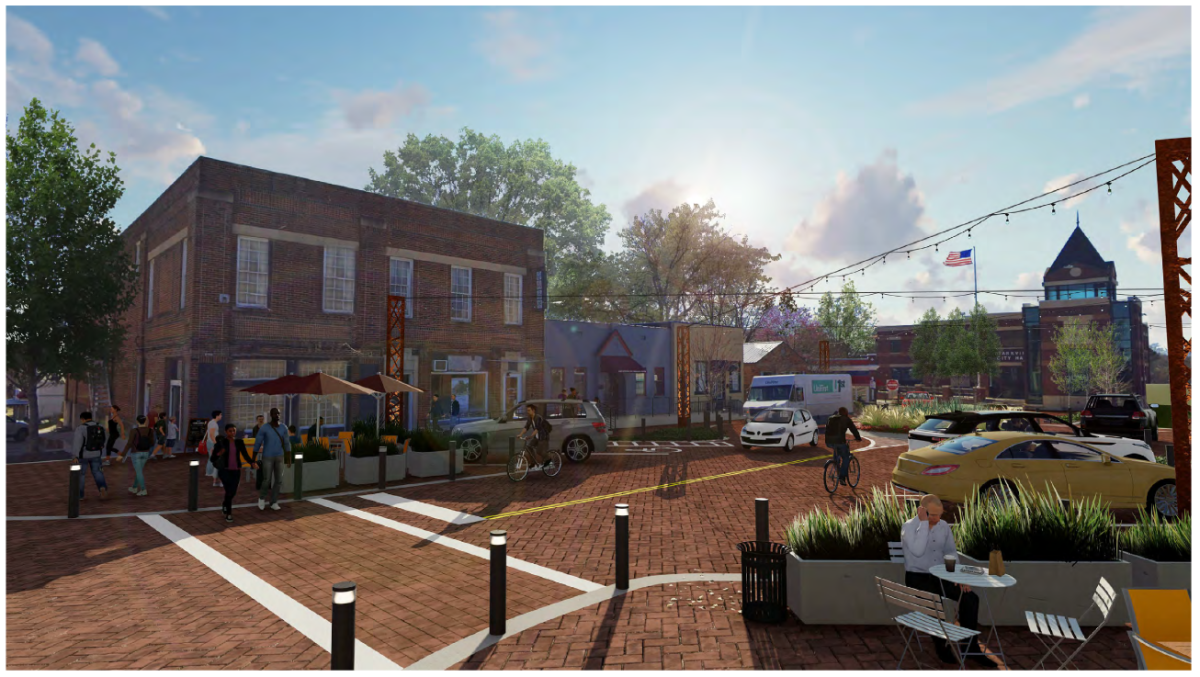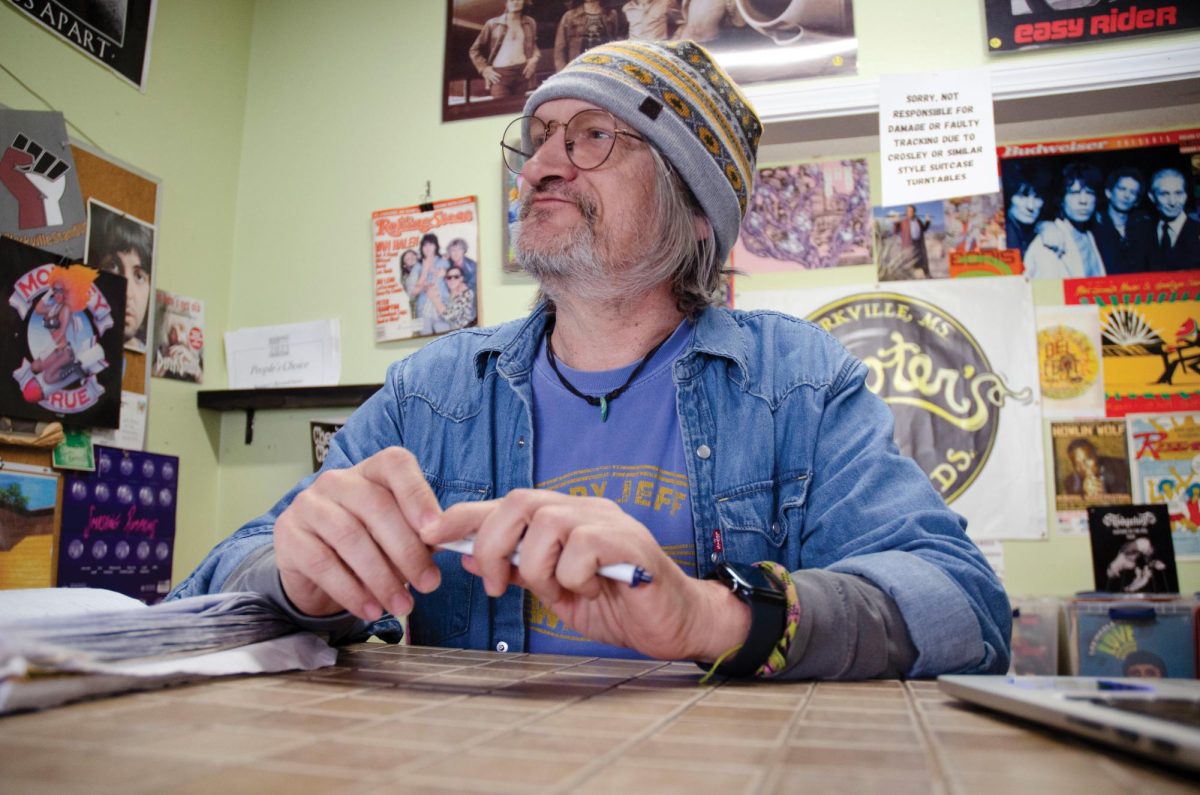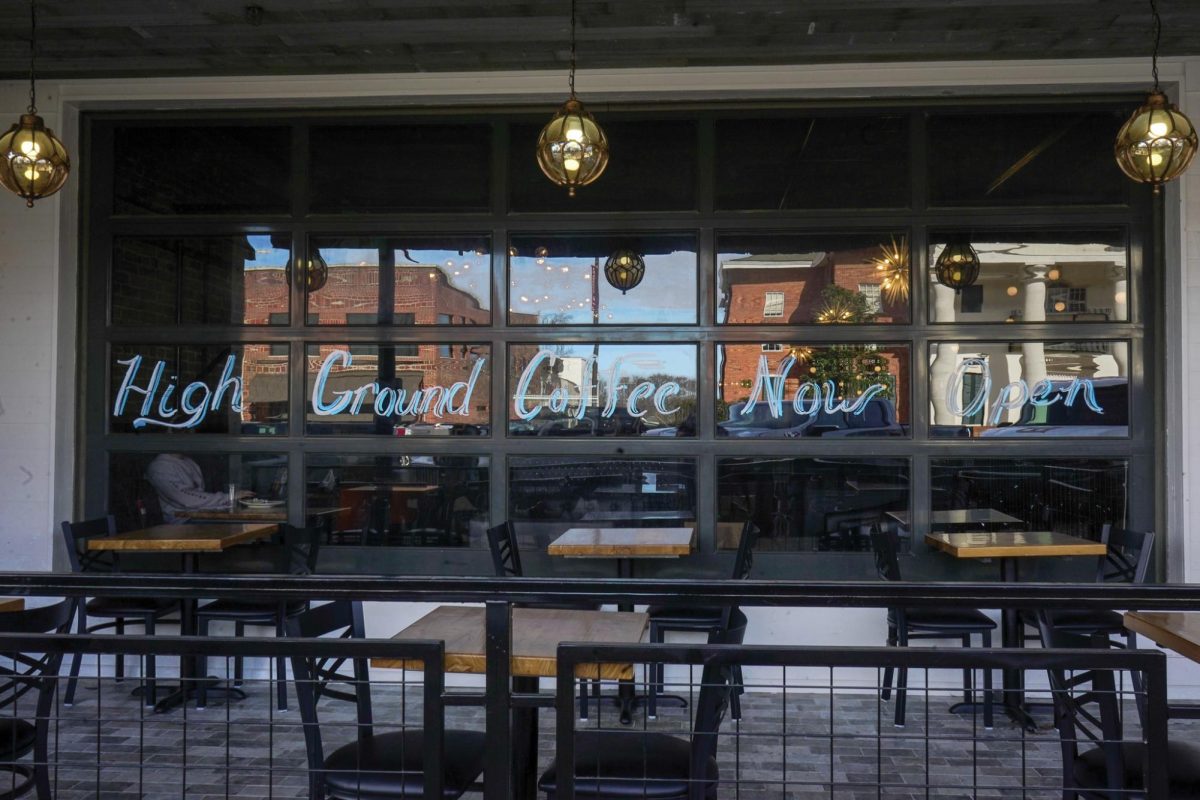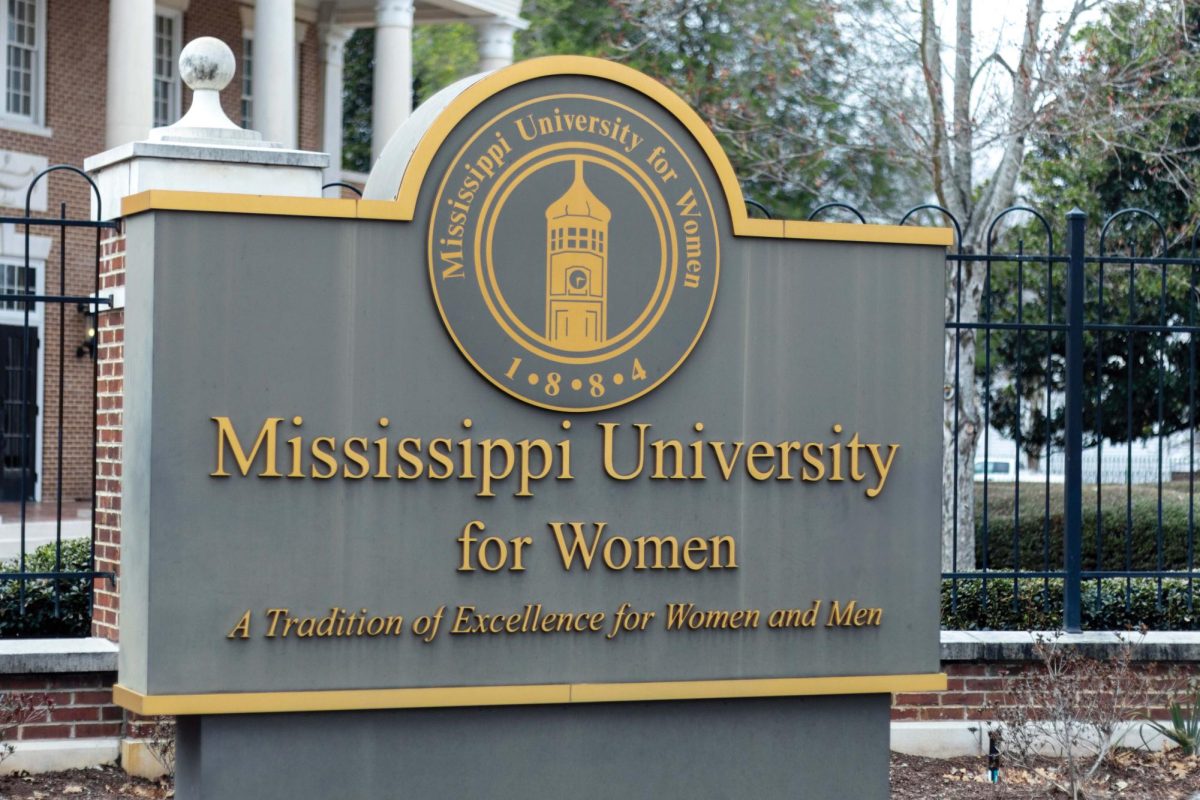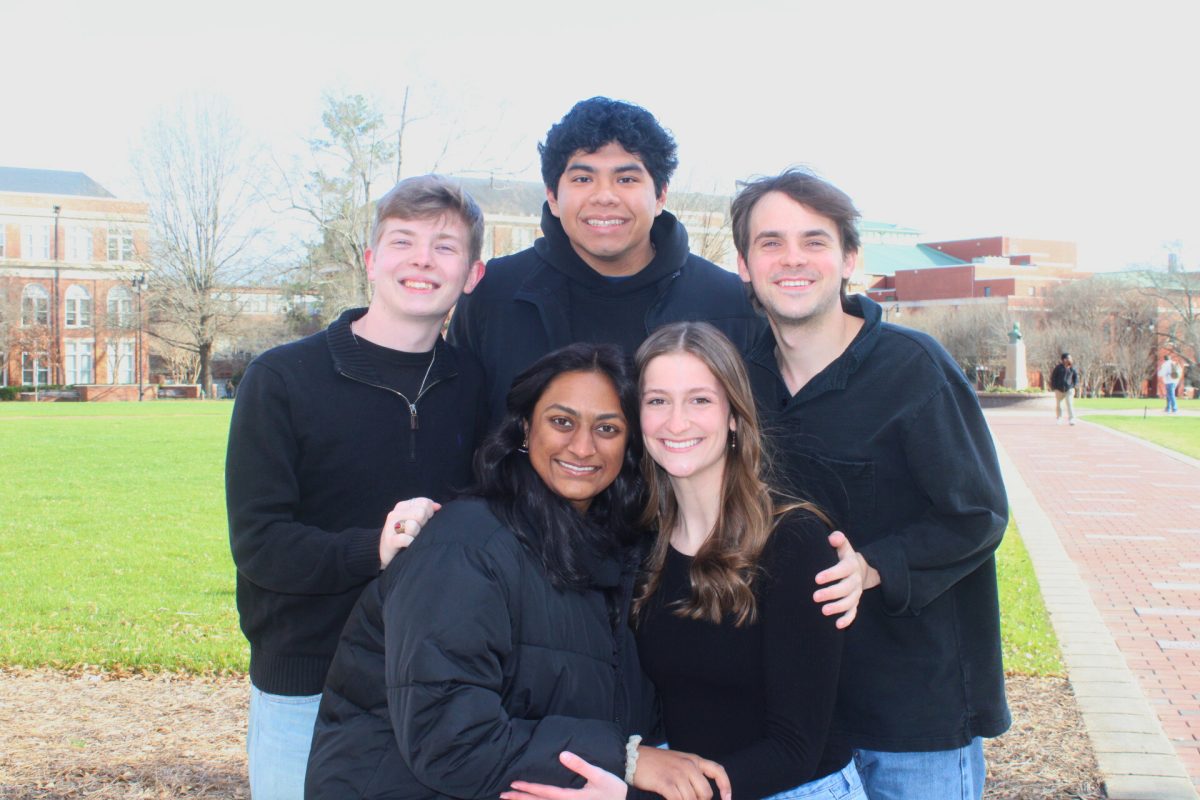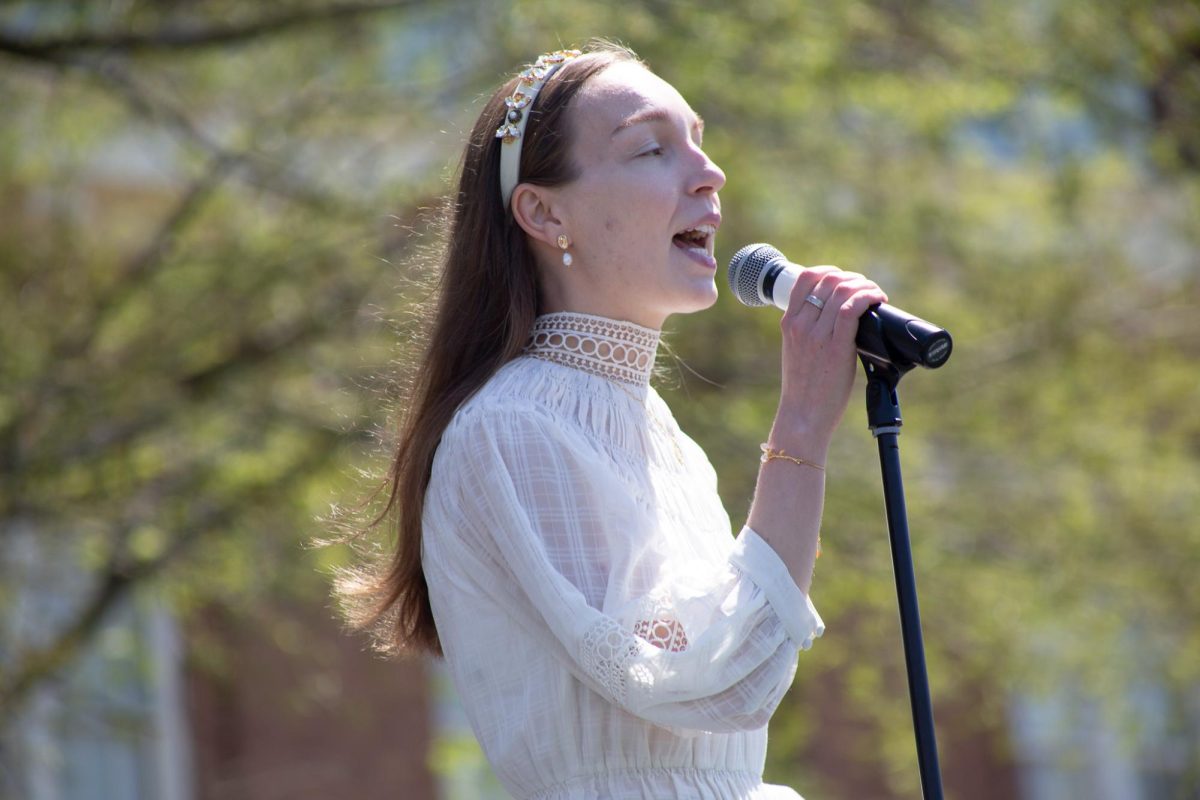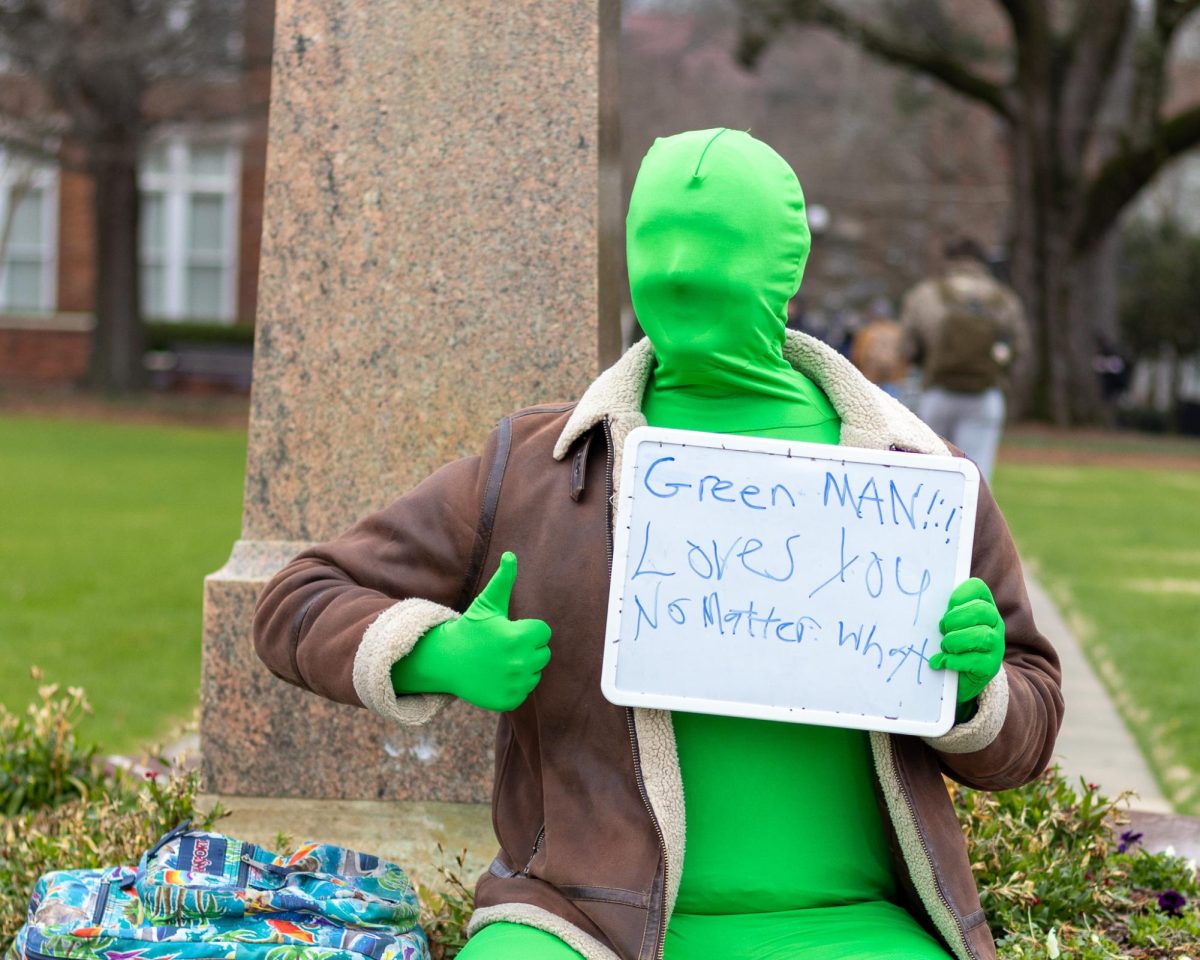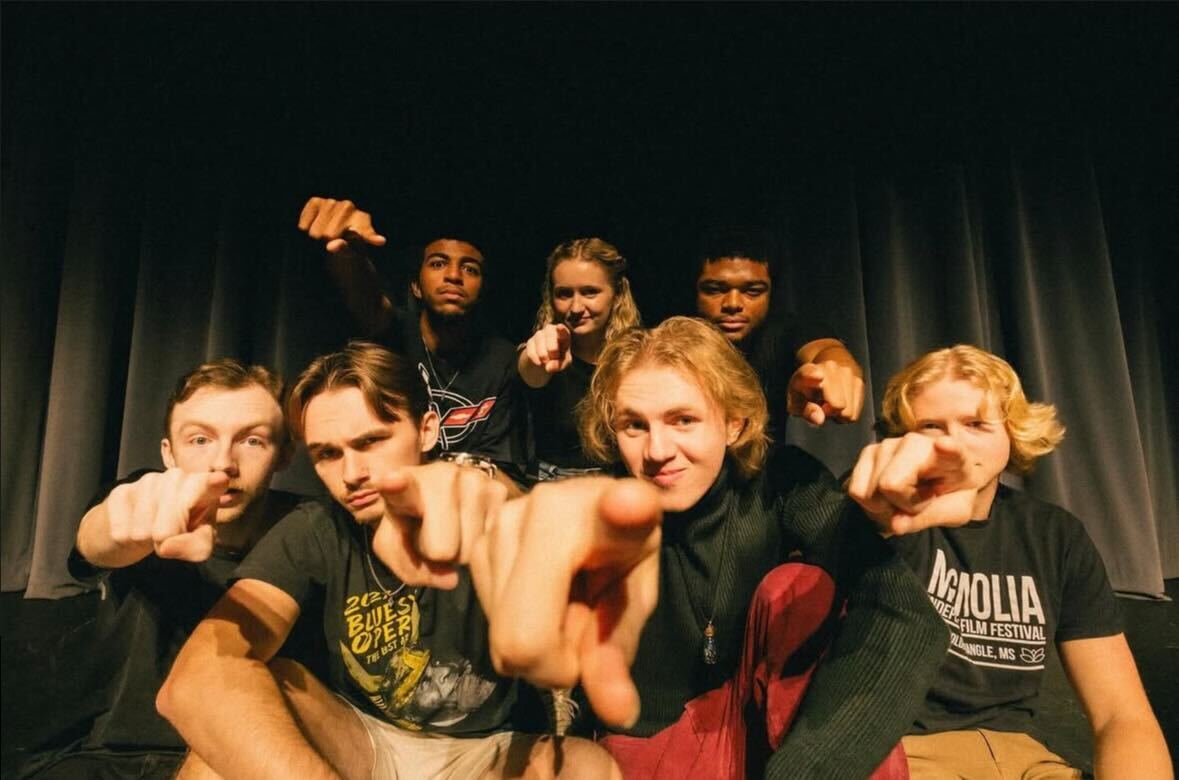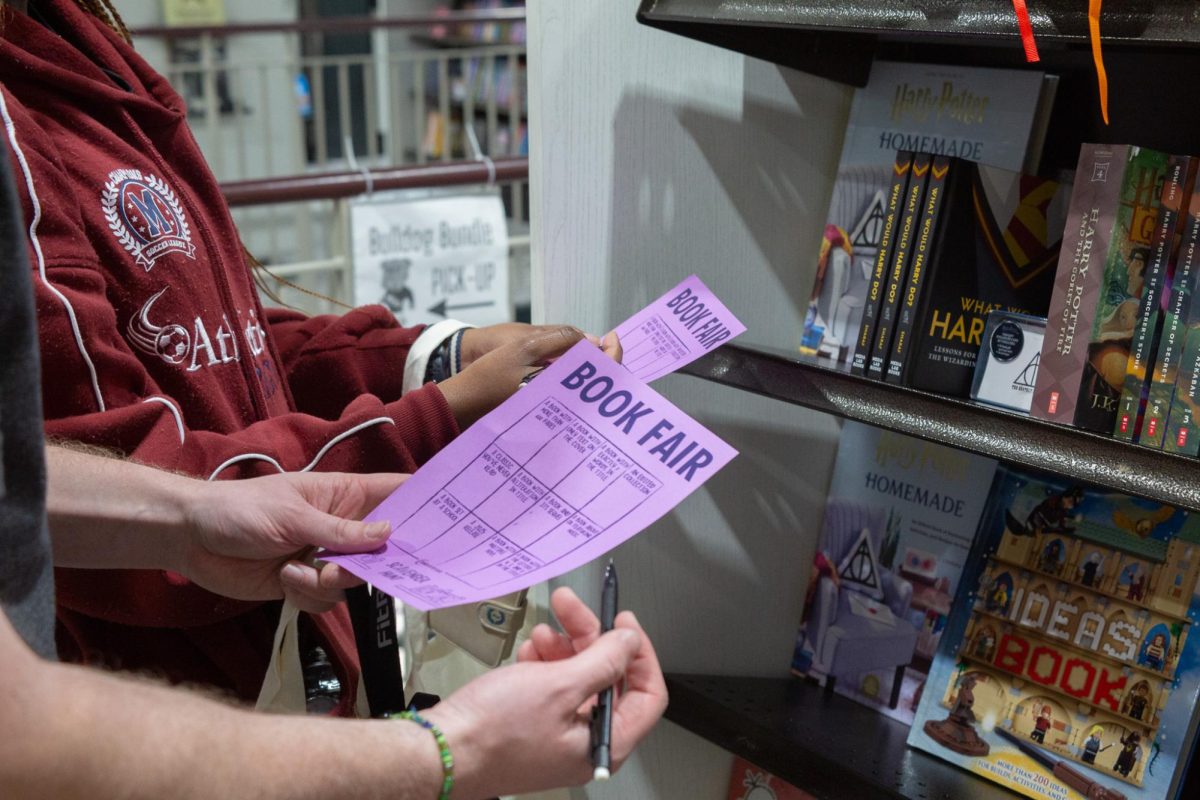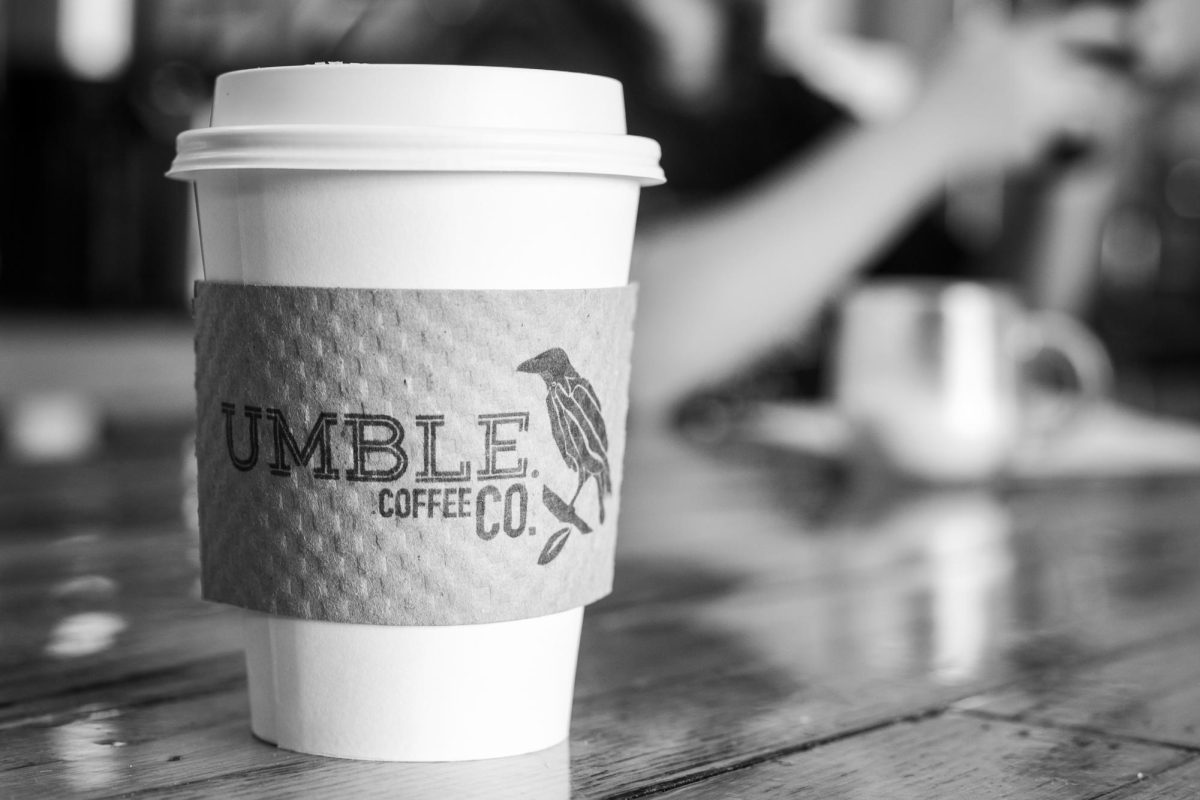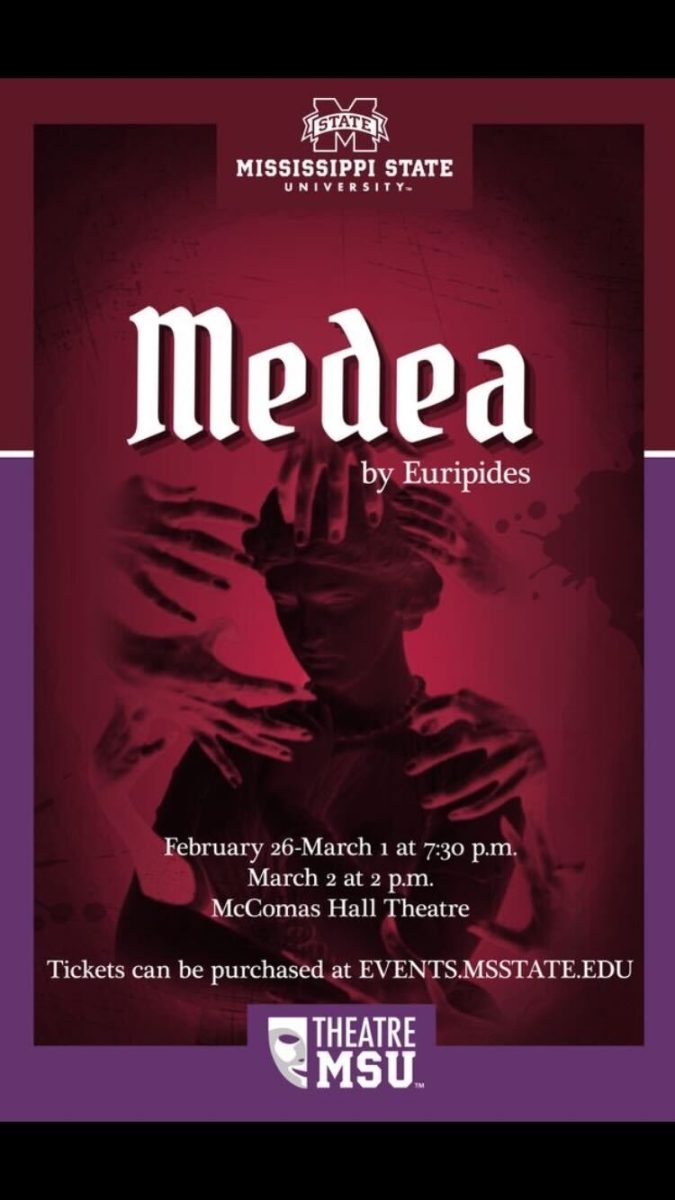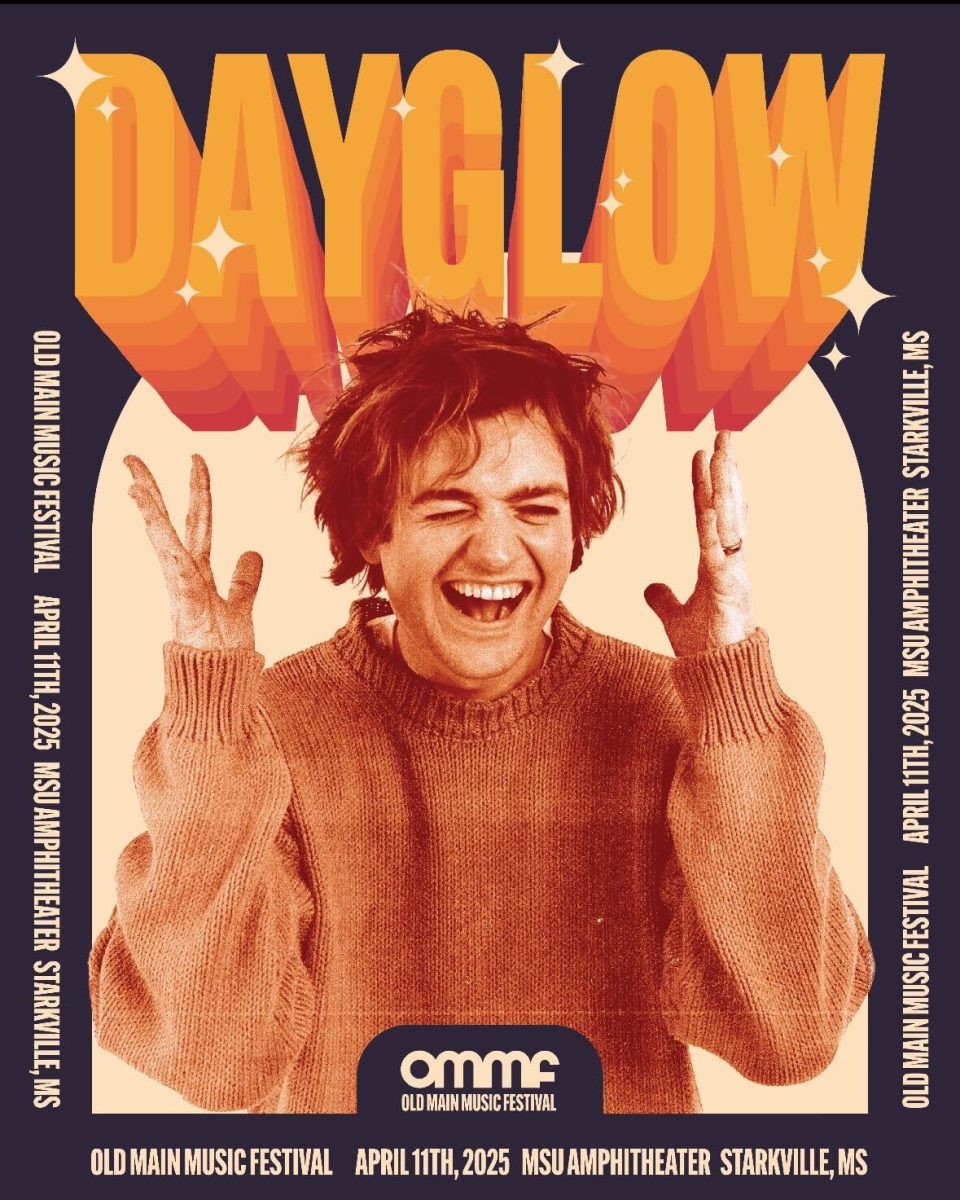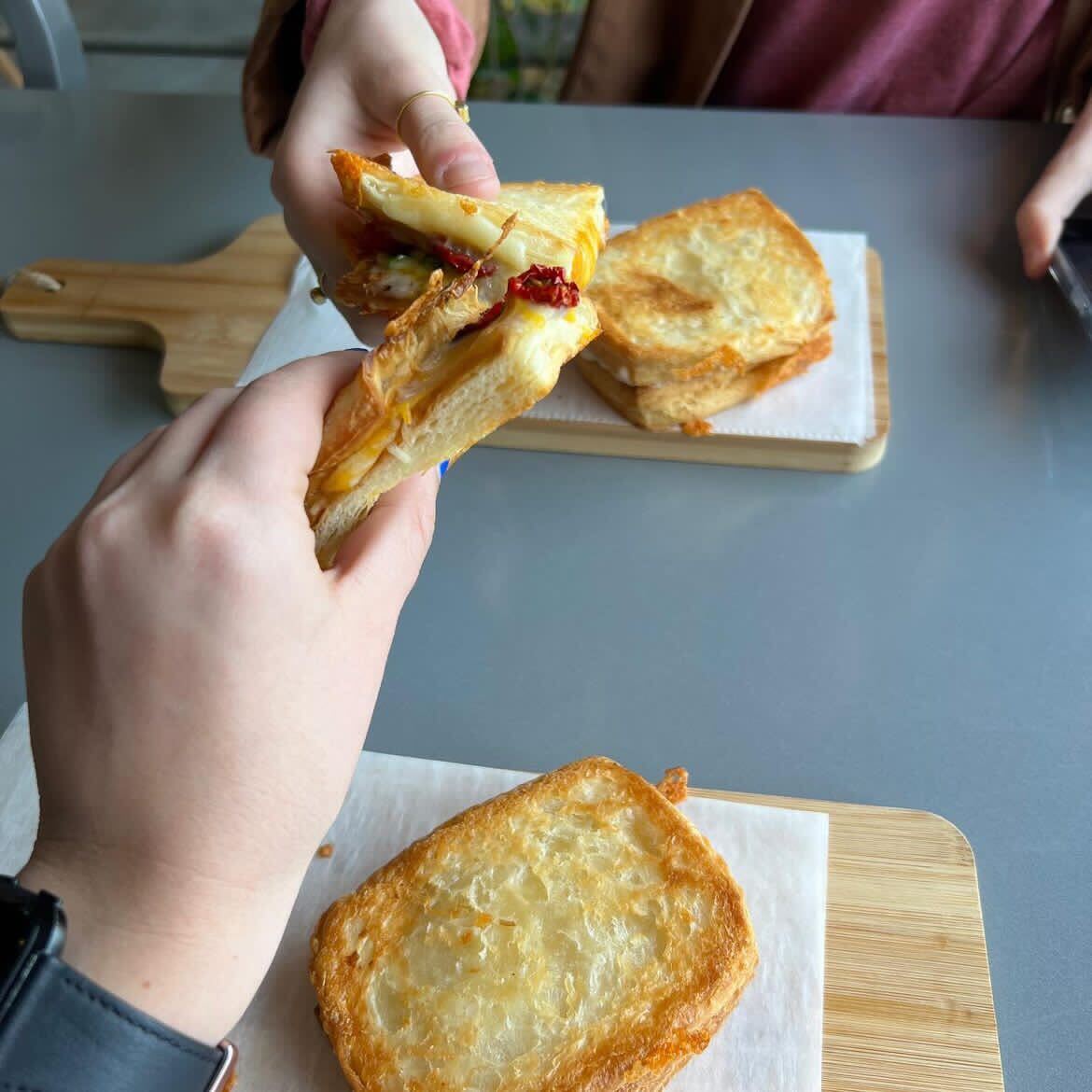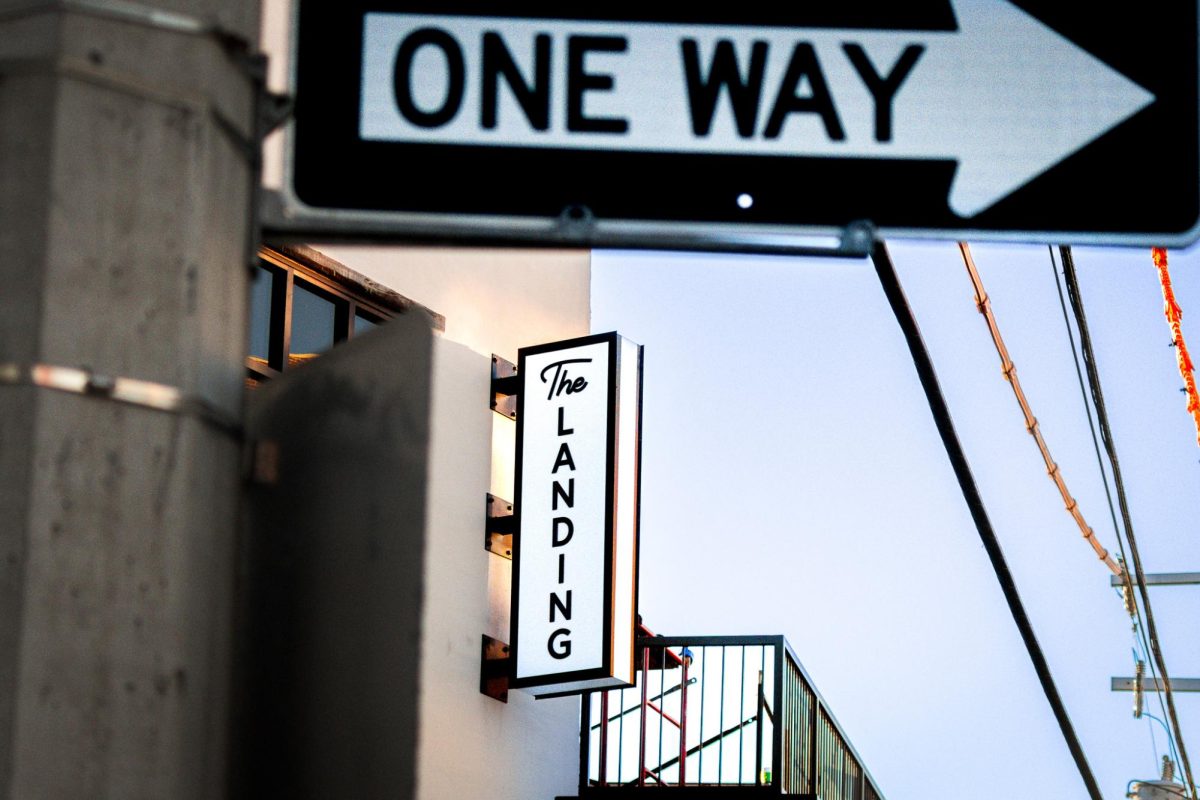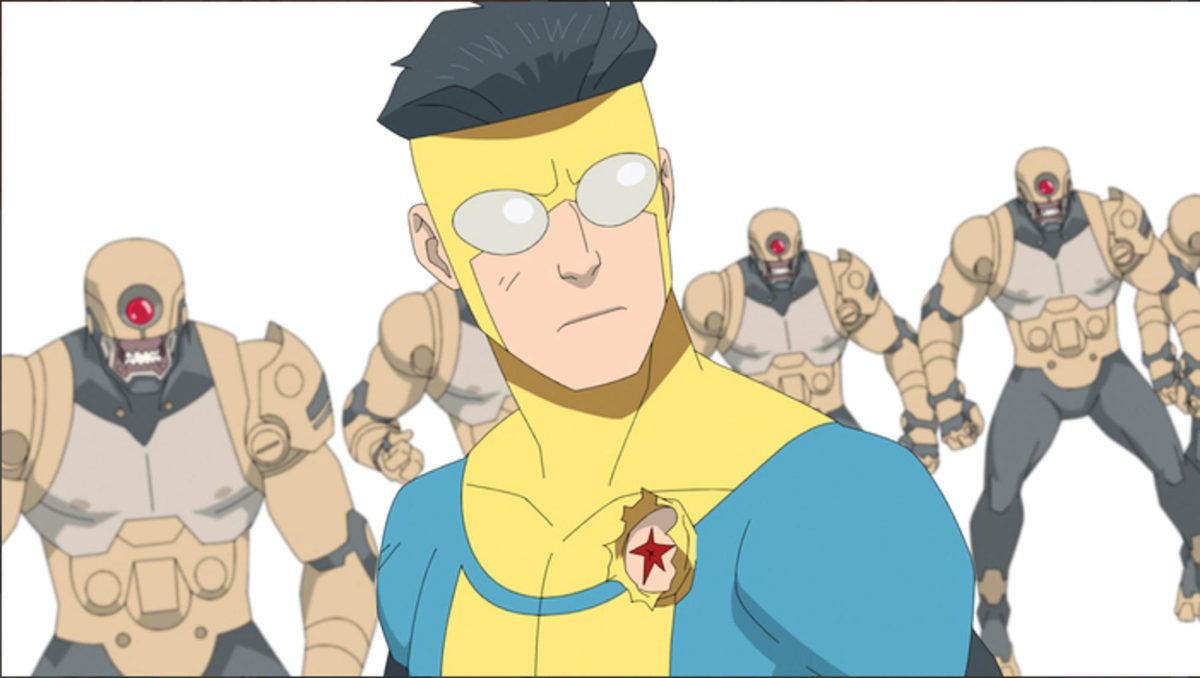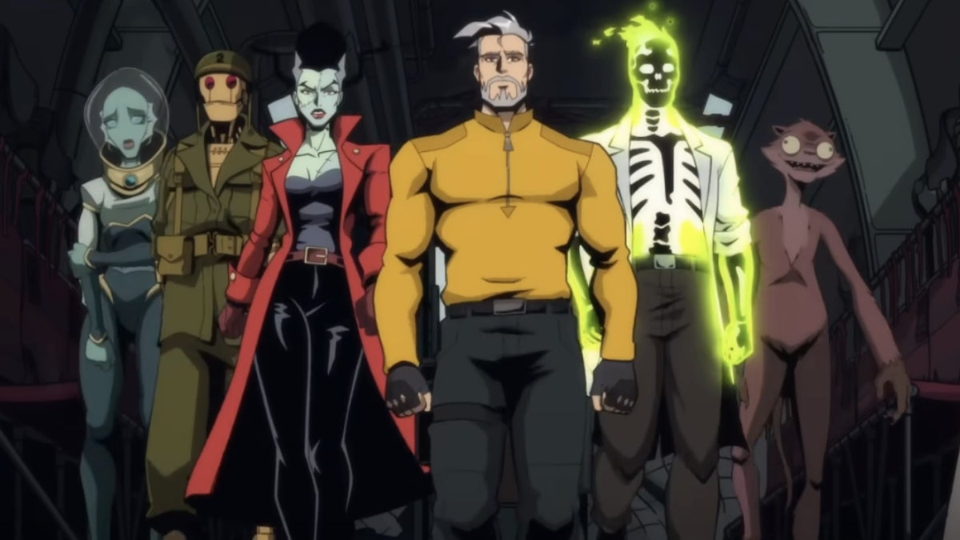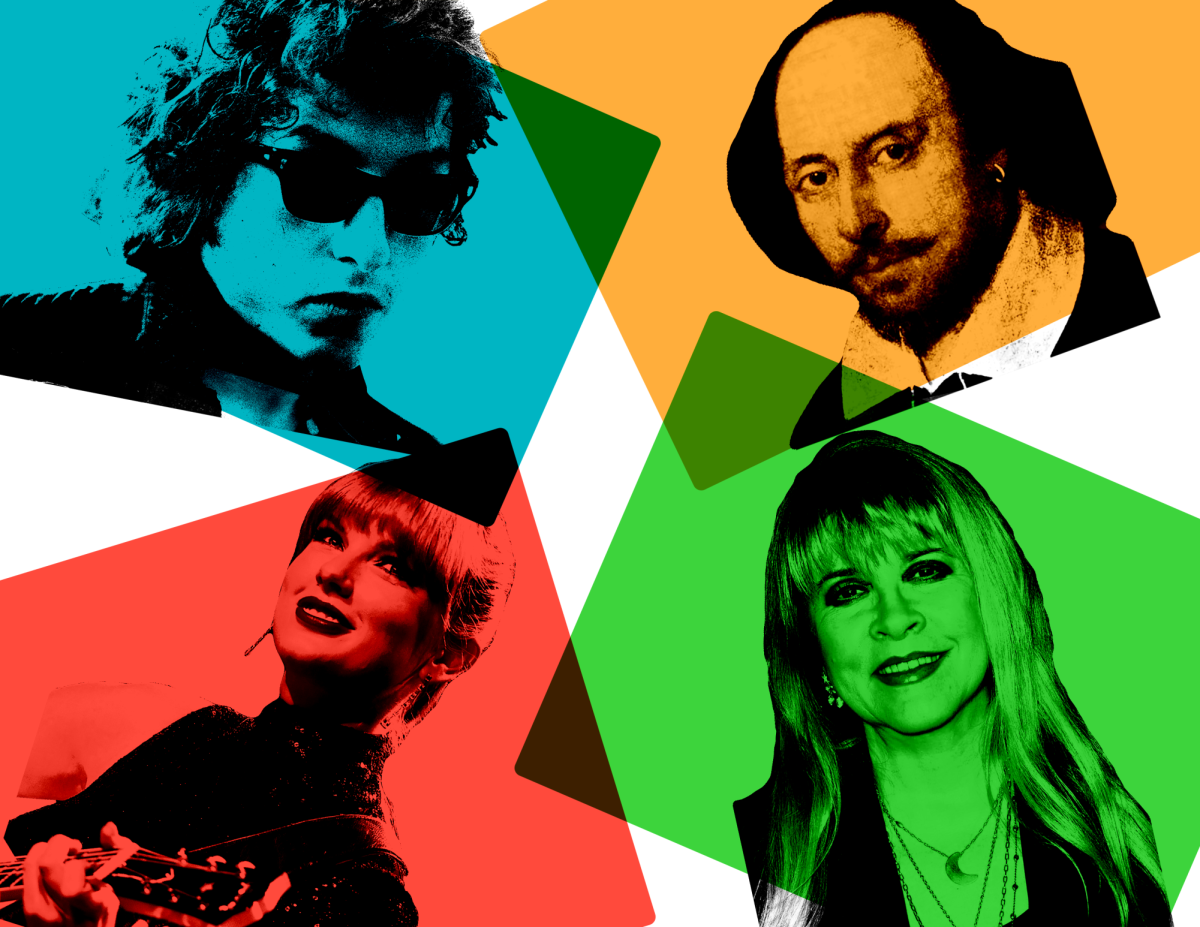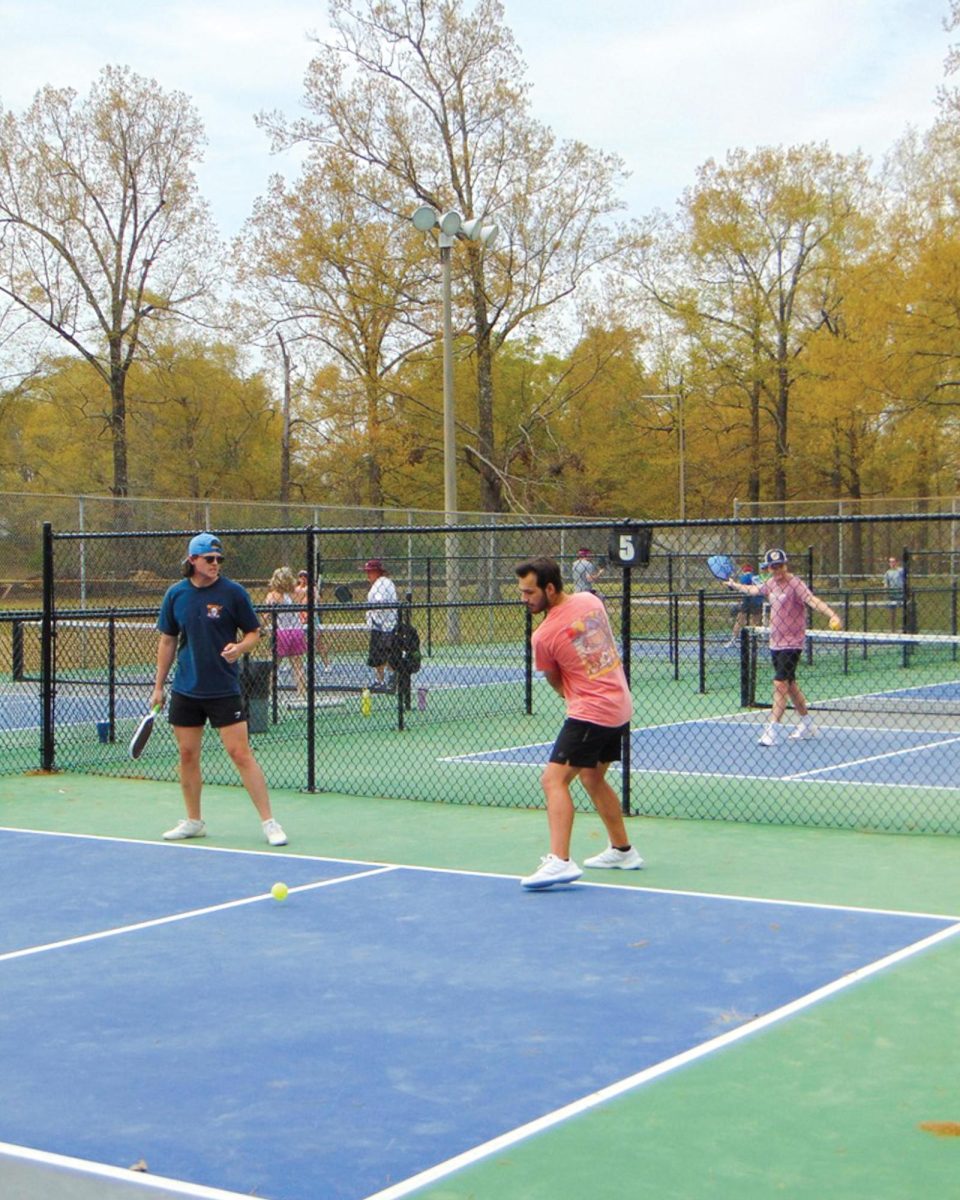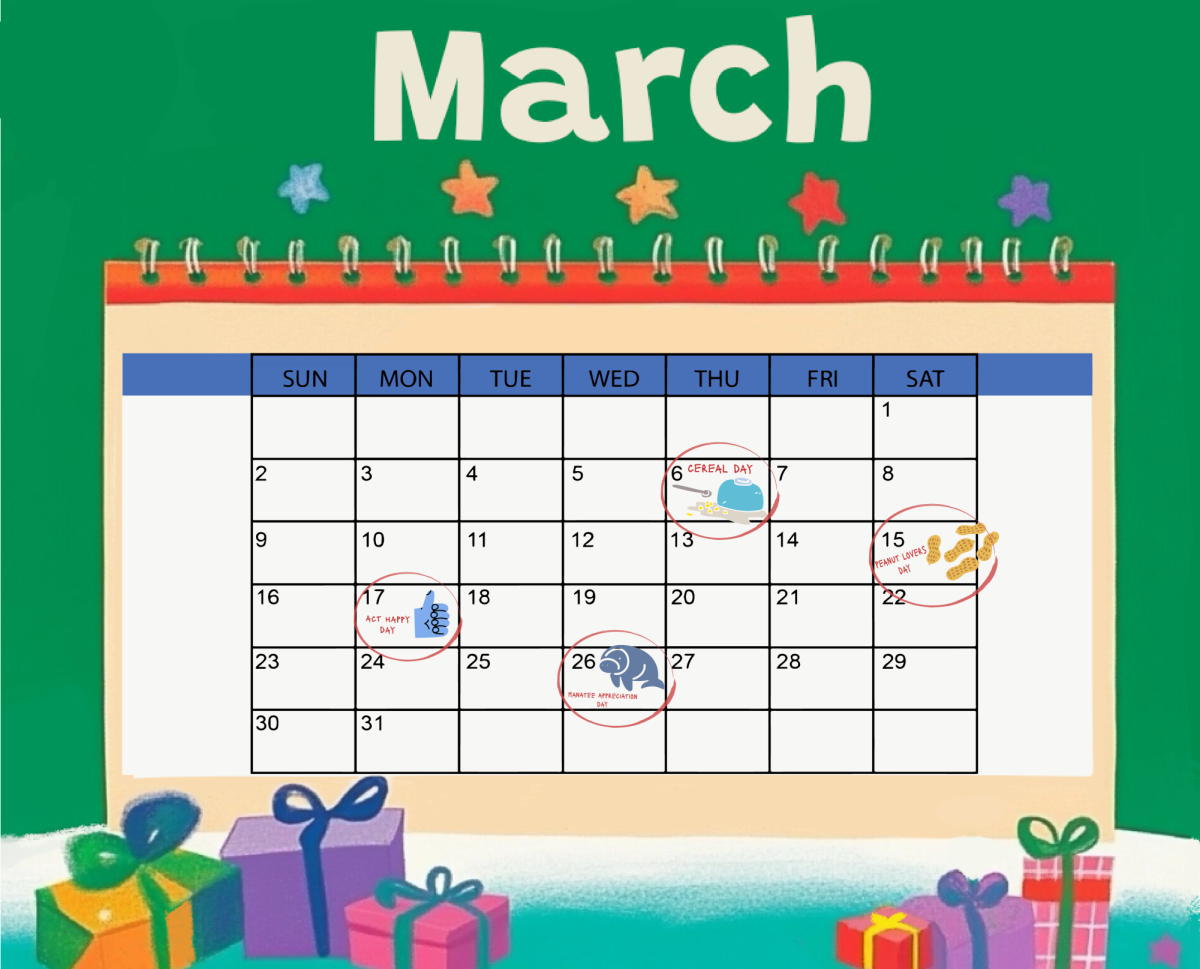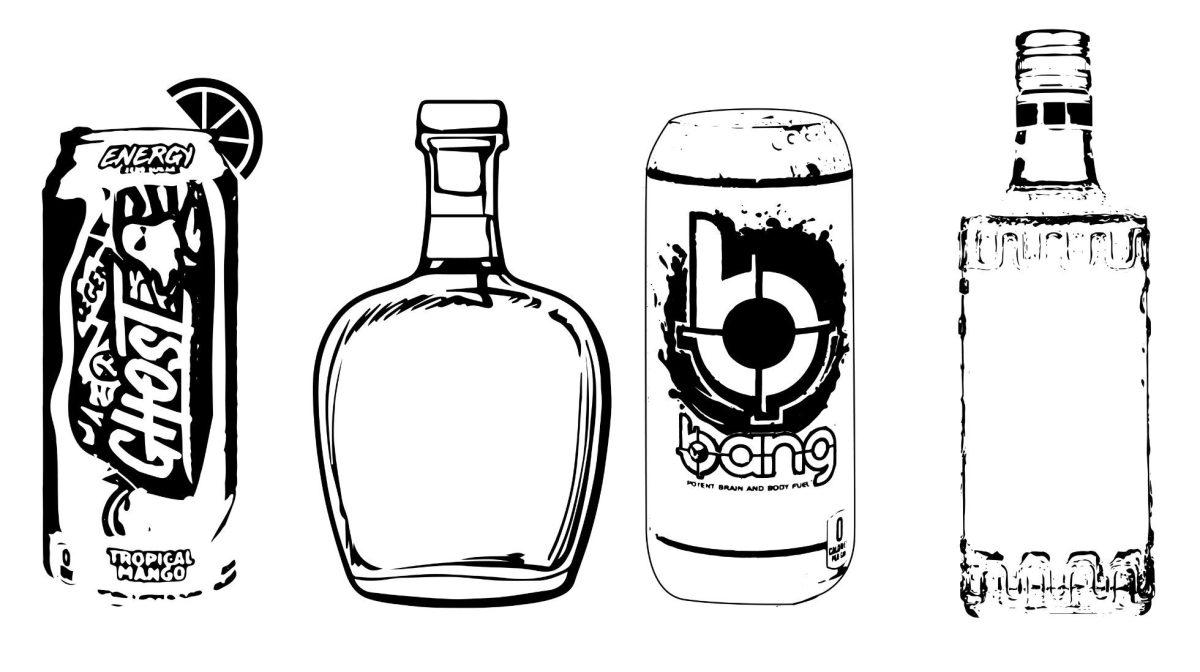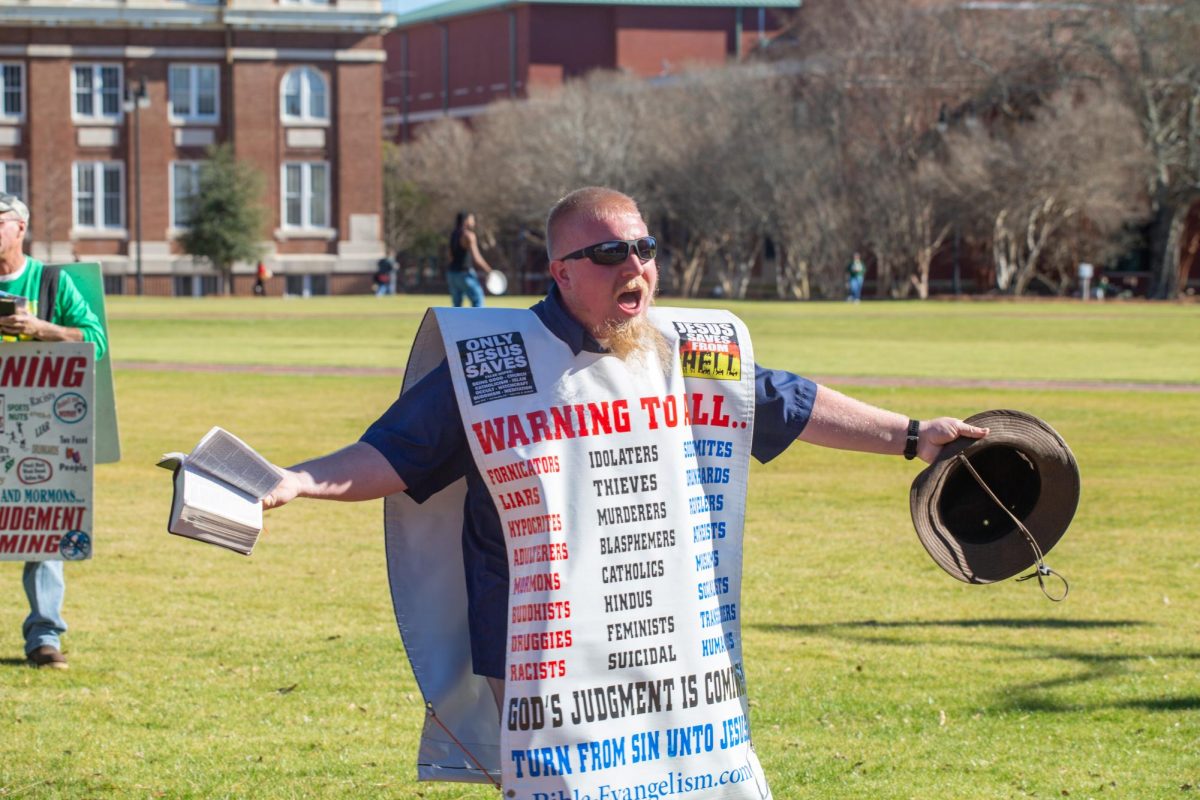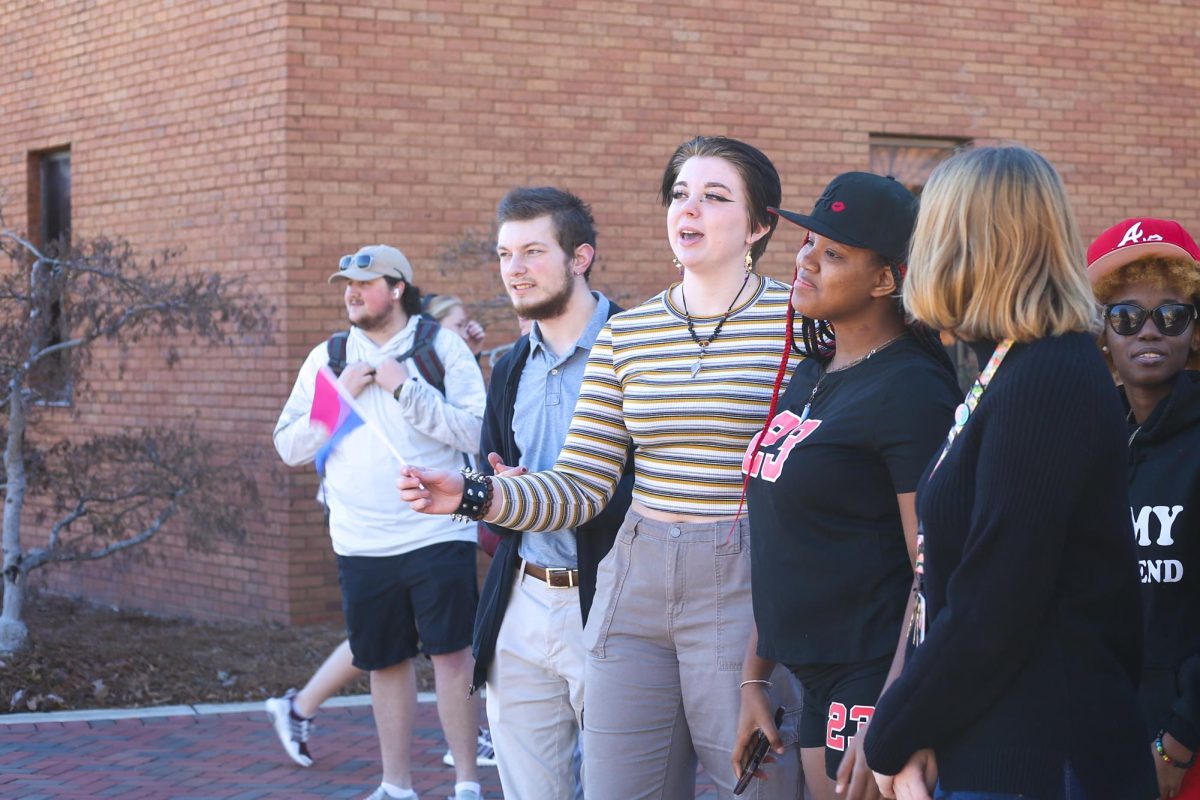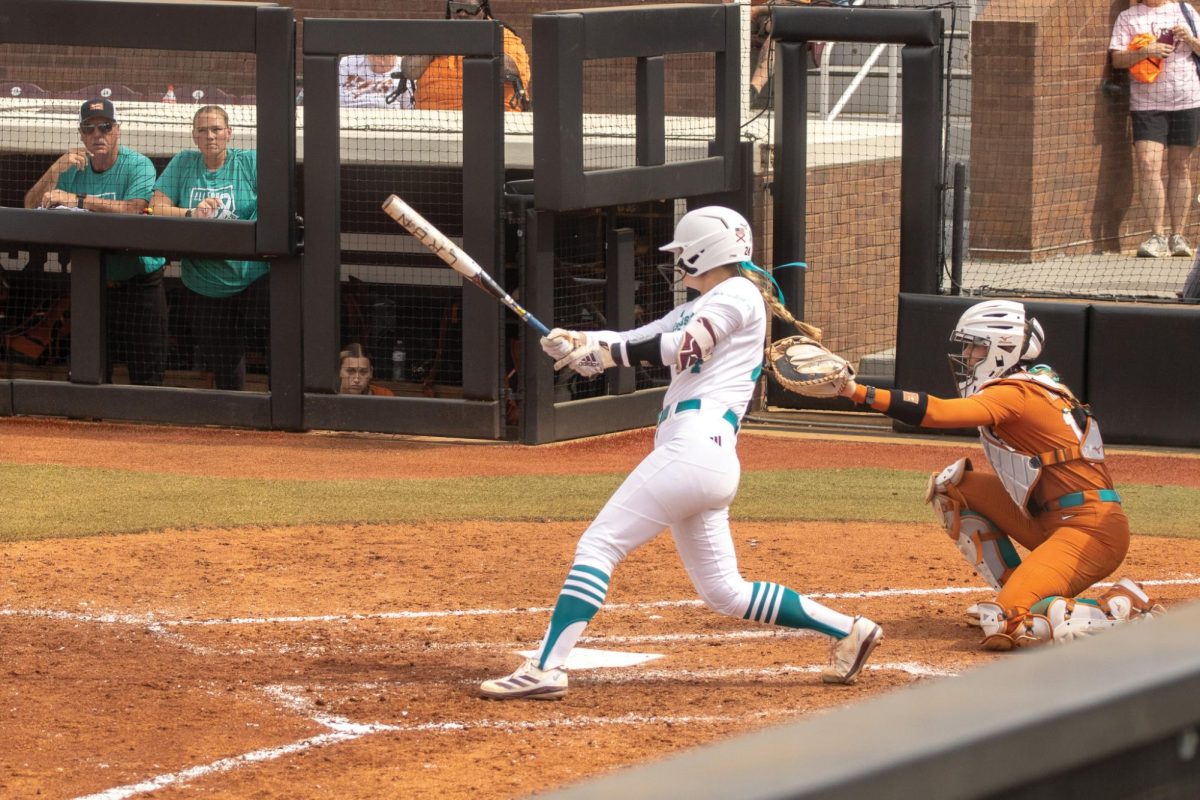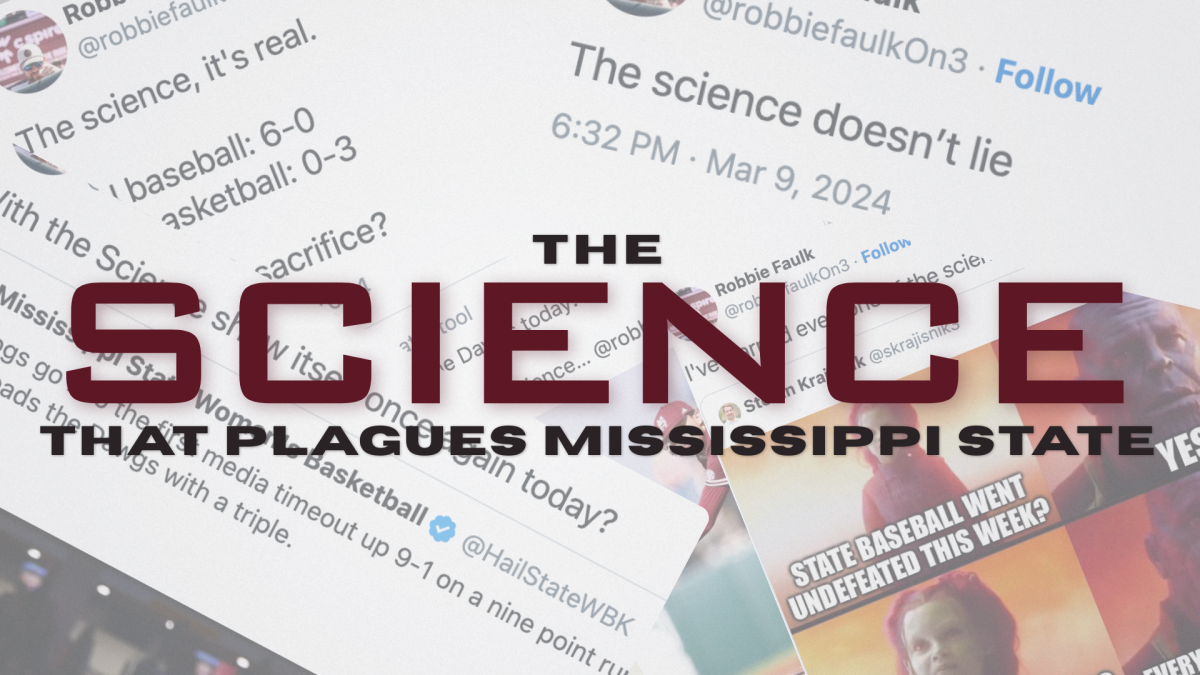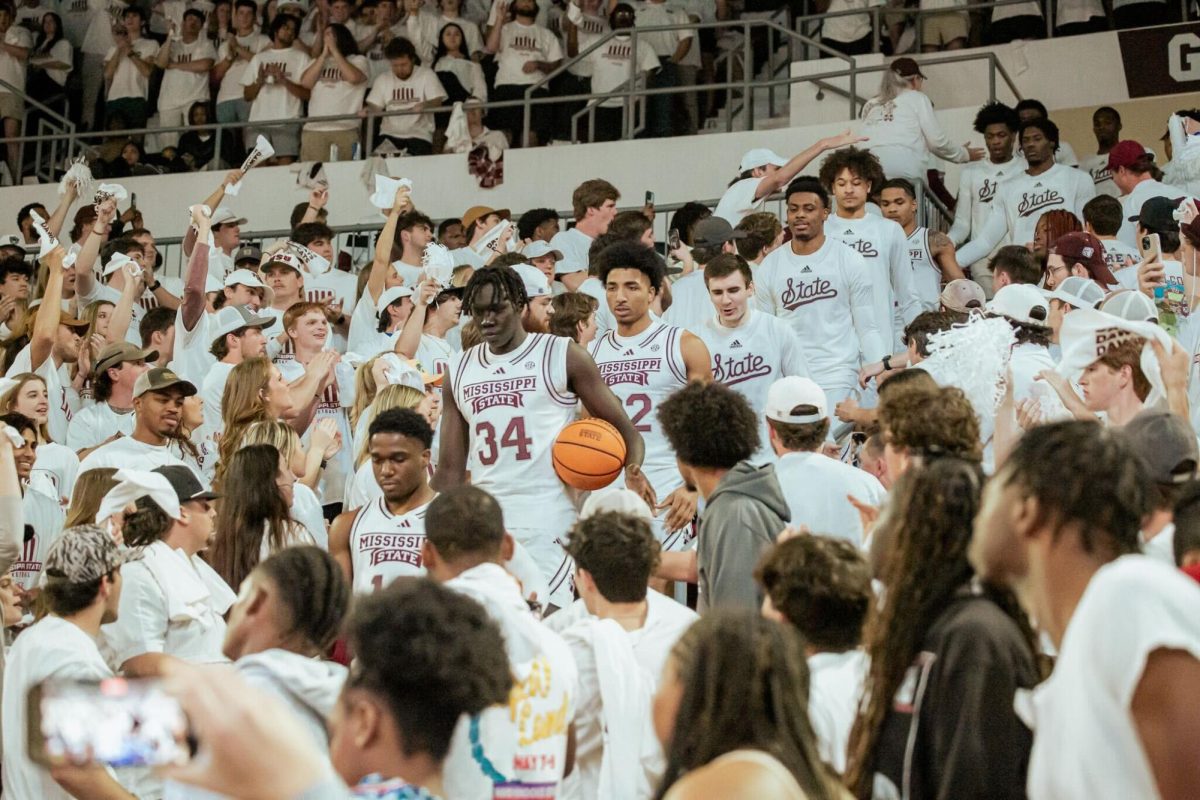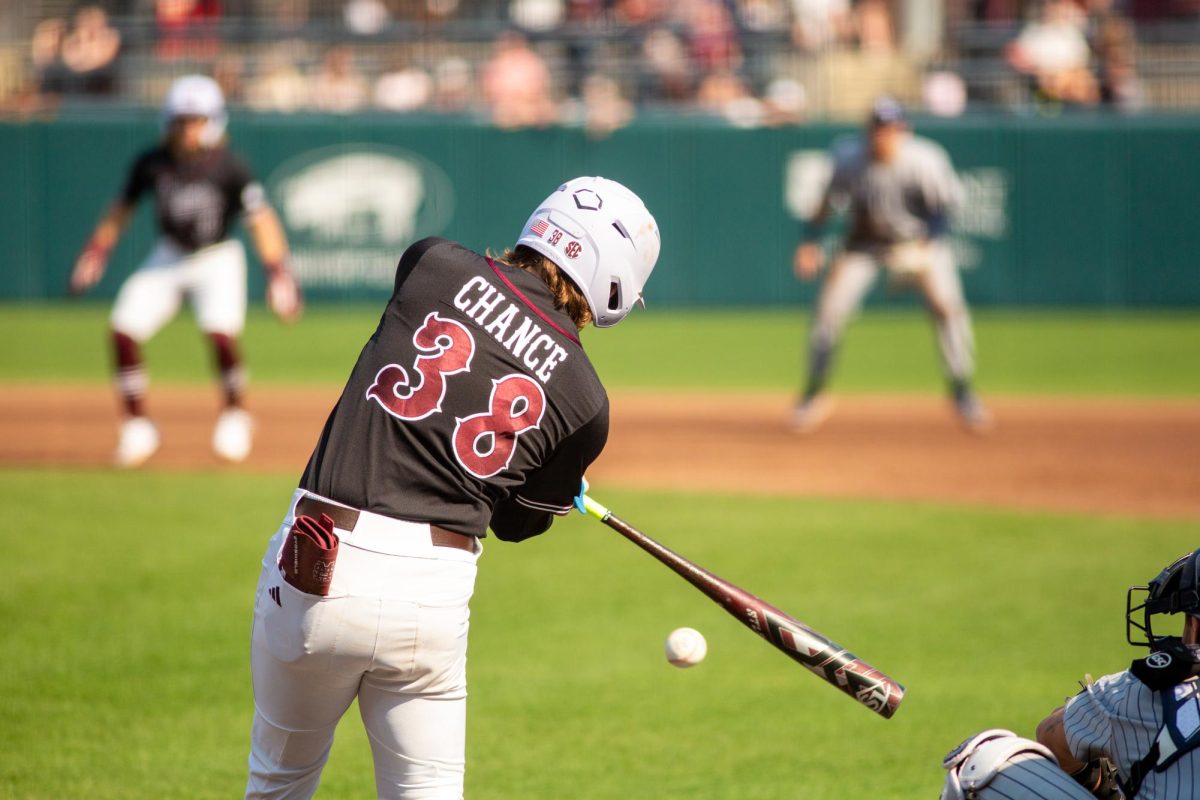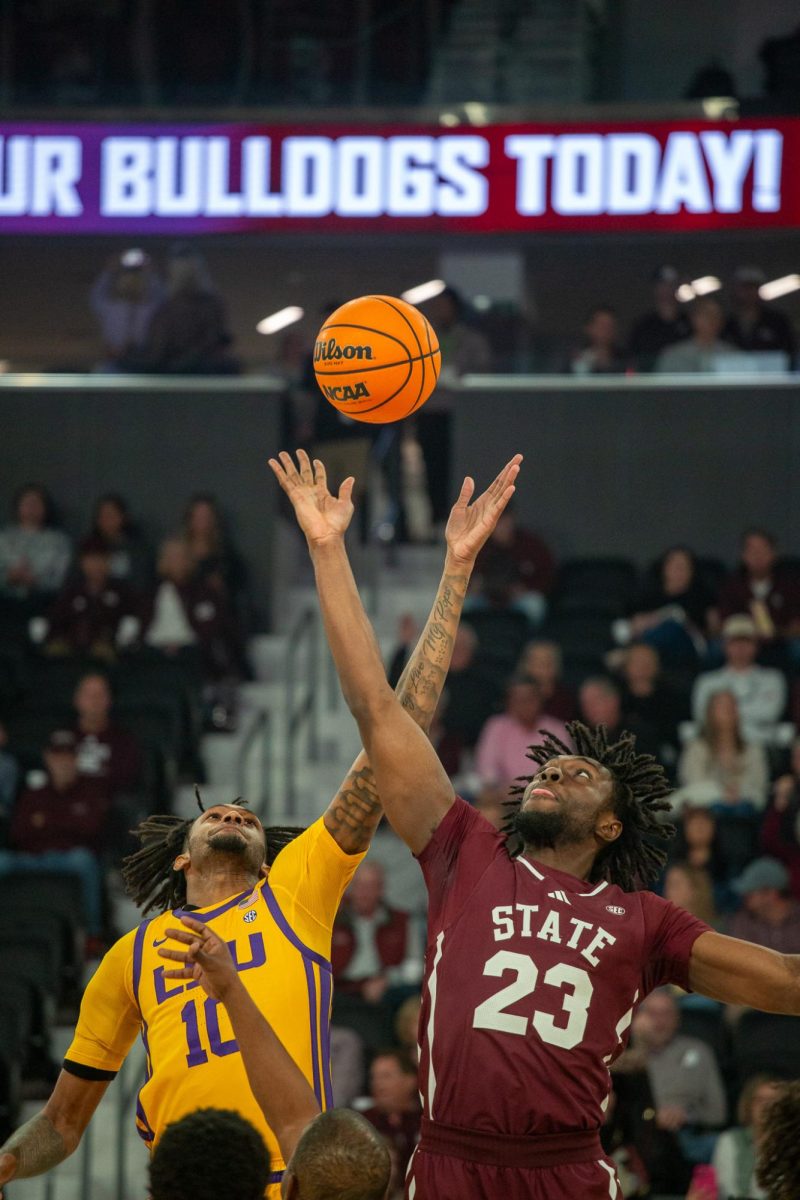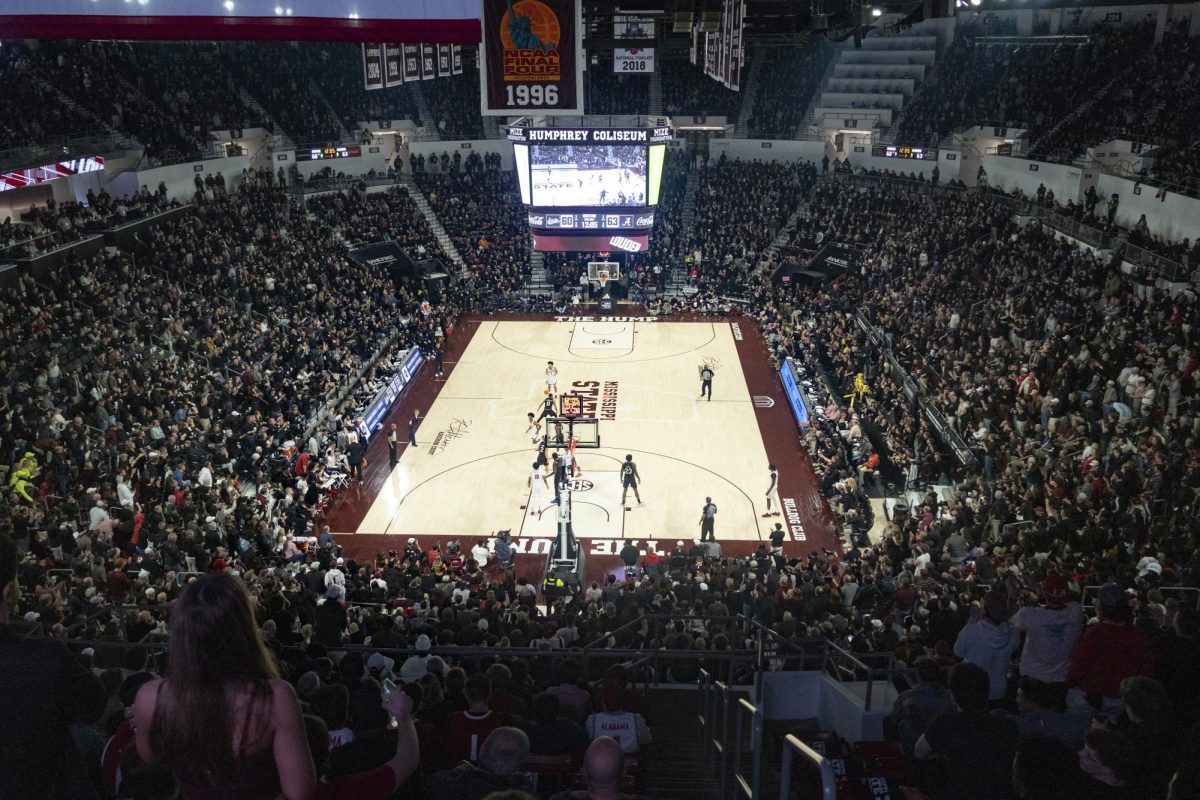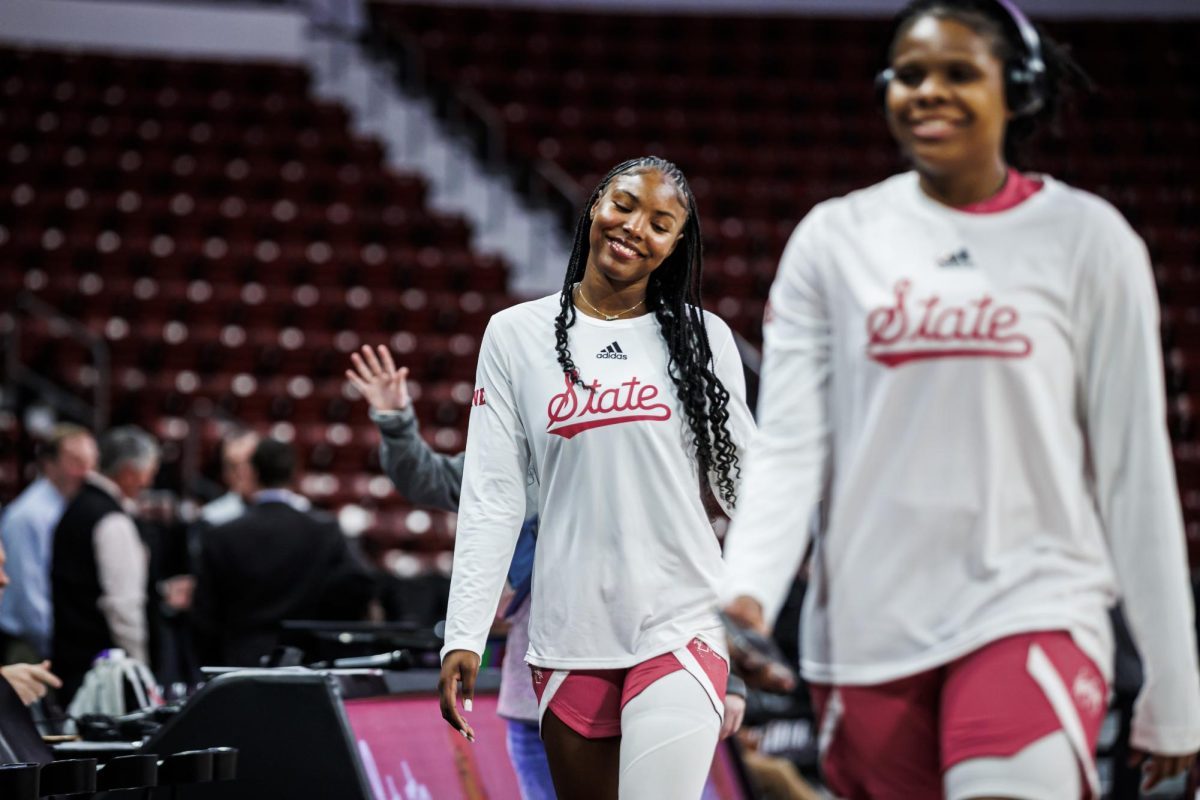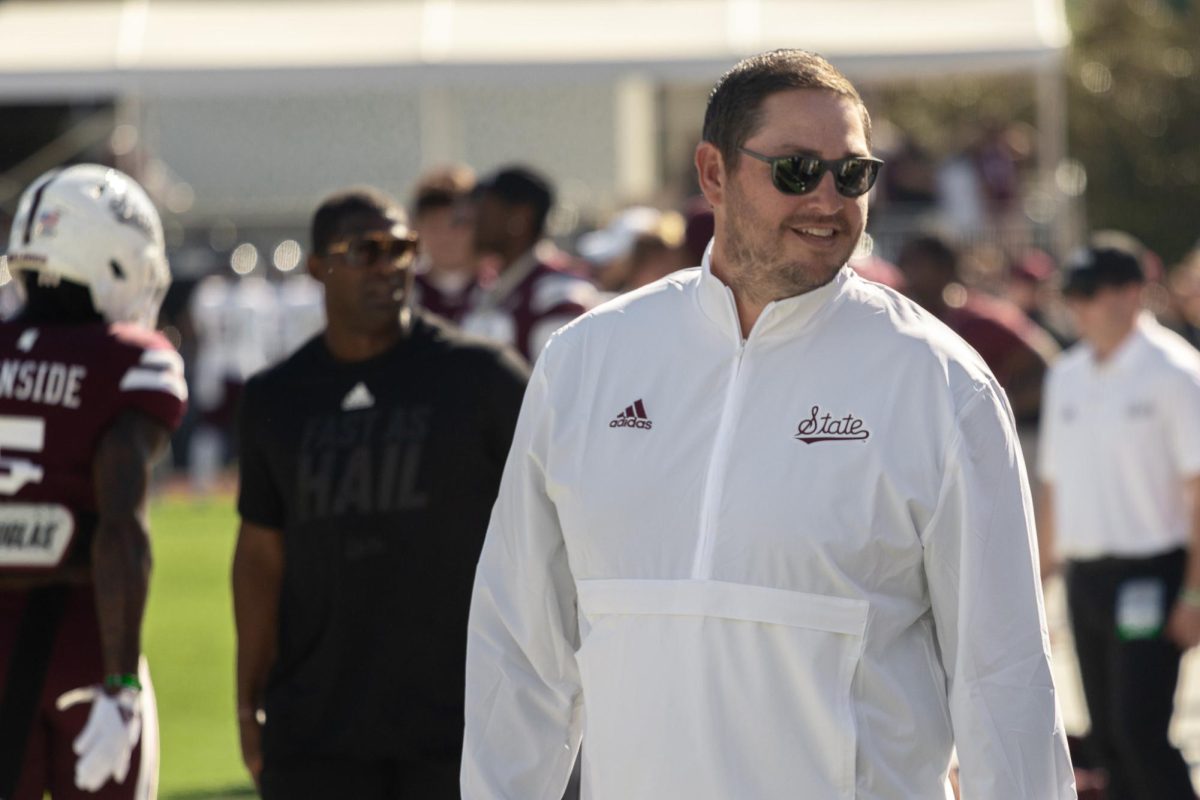Mississippi State University has two finalists in the running for the Do-Gooder award, which is given by the Foundation for the Mid-South. The award will grant $50,000 toward the winners’ organizations of choice, April Heiselt, one of the candidates, said.
Finalists are chosen by votes from the community, so MSU students can have an impact on the results, Heiselt said.
The foundation has been around for about 20 years, but is still relatively unknown, Chris Crothers, director of communications at the Foundation for the Mid-South, said.
The foundation is about to have its 20th birthday and was looking for something new and different to do.
“We wanted to do something different on our 20 year anniversary by reaching out to organizations we may not have supported in the past,” he said.
This will hopefully gain publicity for those organizations in the local communities, Crothers said.
“We thought this would be a tremendous opportunity to mobilize these organizations’ support bases, especially with the economy the way it is,” he said.
When choosing finalists, the foundation had to choose between 500 and 600 nominations across Mississippi, Louisiana and Arkansas, weeding it down to only 18 finalists, Crothers said.
The foundation made sure each was focused on one of the its four priority areas, which are education, health and wellness, community development and wealth building (financial stability for families), Crothers said.
“We are raising awareness of the positive effects of these organizations; this is a good opportunity to celebrate good things that are happening,” he said.
Heiselt, an assistant professor in the department of counseling and educational psychology, was nominated by her husband, Eric Heiselt, who is also on faculty at MSU, she said.
“I thought too many people here are doing too many good things; I couldn’t get that,” Heiselt said.
She later got a call from the foundation telling her she was in the top three for the state, and she needed to be finding a non-profit organization to receive a $50,000 grant in her honor.
“I immediately called Habitat for Humanity, thinking this could be our third Maroon Edition Habitat for Humanity house,” Heiselt said.
Heiselt has a particular affection for Habitat for Humanity and the potential it has for the community.
“There were a lot of different organizations, but I picked Habitat because they build a house for somebody, which builds pride in the community,” she said.
It has also brought the campus together two years in a row, she said.
“We had over 1,100 volunteers on the two Habitat for Humanity houses, so this could bring the campus together again to build another house,” Heiselt said.
Two winners are chosen out of six finalists in each of the three states based on votes in the community, so students at MSU can make a big difference, she said.
“It really comes back around to the students. If you vote, you could potentially work on another Habitat for Humanity house,” Heiselt said.
MSU’s Student Technology Exchange Program is also one of the top finalists in Mississippi, Victor Branch, CAVS Extension center manger of training and education of digital manufacturing tools and creator of the STEP program, said.
It helps to recruit engineering students and train them with skill sets currently being used in manufacturing, Branch said.
“STEP is a great tool to help high school students see the possibilities of engineering and see what these folks do,” he said.
It really helps high school students know what they can do, he said.
“Our goal is to help them see their potential,” Branch said.
Branch nominated the program while looking for funding opportunities when he came across the Do-Gooder award, and now STEP is in first place in its division, he said.
“I didn’t expect to get this far; they had hundreds of applications for only six finalist positions in each state,” Branch said.
STEP’s members are reaching out in an effort to garner votes for the program.
“Currently, we are reaching out to all the students that have completed the program and the school districts involved, and are trying to get votes for the program on a regular basis,” Branch said.
With only six days left to vote, they hope to stay in first place, he said.
“The Do-Gooder award generates interest and gives people the chance to recognize good things happening in their community and state,” Heiselt said.
The Do-Gooder award brings the community together by recognizing good efforts and projects.
“This is the first time we have ever done this, but we wanted to do something a little different, a little more public. We wanted to hear about the good individuals out there,” Crothers said.
It is all about the community, he said.
“We are a community doing good for each other,” Heiselt said.
Categories:
Award funds charitable organizations
READ SPRABERY
•
October 21, 2010
0
Donate to The Reflector
Your donation will support the student journalists of Mississippi State University. Your contribution will allow us to purchase equipment and cover our annual website hosting costs.
More to Discover

